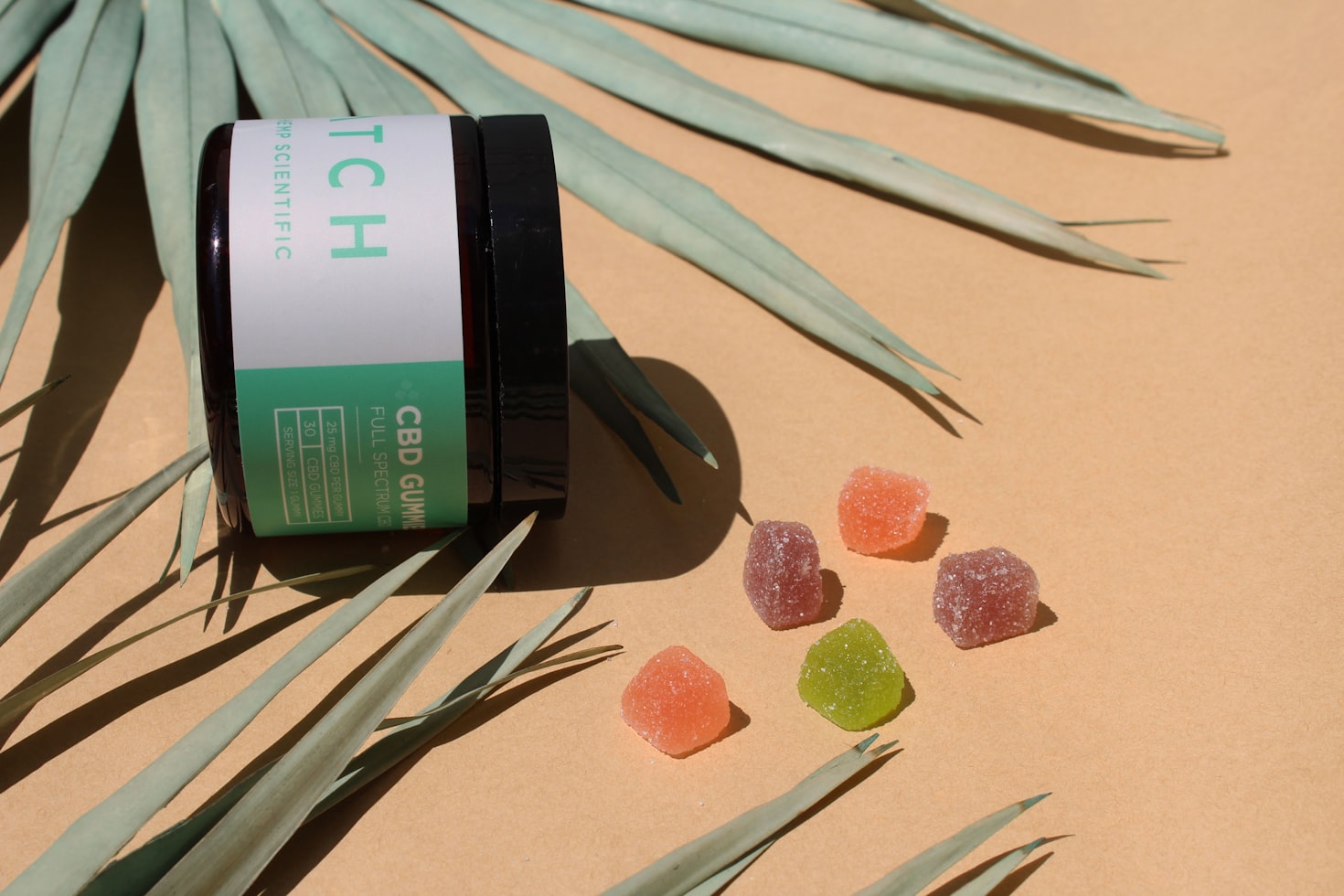Do I Subtract Sugar Alcohol From Carbs On Keto?
The ketogenic diet, or keto diet, has gained significant popularity in recent years due to its potential for weight loss and improved health markers. This low-carb, high-fat diet aims to put the body into a state of ketosis, where it burns fat for fuel instead of carbohydrates. When following a keto diet, it is essential to carefully monitor your carbohydrate intake. However, there is often confusion about whether sugar alcohols should be subtracted from the total carb count. In this article, we will explore the role of sugar alcohols in the keto diet and whether they should be deducted from the total carb count.
Understanding Sugar Alcohols
Sugar alcohols are a type of carbohydrate commonly used as sweeteners in sugar-free and low-carb products. Despite their name, sugar alcohols do not contain alcohol. They are naturally found in some fruits and vegetables but are also produced commercially from sugars and starches.
Sugar alcohols have a similar chemical structure to both sugar and alcohol, which is why they are called sugar alcohols. They are often used as sugar substitutes because they provide sweetness without the same impact on blood sugar levels as regular sugar.
The Impact of Sugar Alcohols on Blood Sugar
One of the main reasons people on a keto diet are concerned about sugar alcohols is their potential impact on blood sugar levels. While sugar alcohols do have a caloric value, they are not fully absorbed by the body. This means that they have a smaller impact on blood sugar levels compared to regular sugar.
However, the extent to which sugar alcohols affect blood sugar levels can vary depending on the individual and the specific sugar alcohol. Some sugar alcohols, such as erythritol and xylitol, have a minimal impact on blood sugar and insulin levels. On the other hand, sugar alcohols like maltitol and sorbitol can have a more significant impact on blood sugar levels and may even cause digestive issues in some individuals.
Calculating Net Carbs on Keto
Net carbs are calculated by subtracting the grams of fiber and sugar alcohols from the total grams of carbohydrates in a food or beverage. This is because fiber and sugar alcohols are not fully absorbed by the body and do not have the same impact on blood sugar levels as other carbohydrates.
When following a keto diet, the goal is to keep net carb intake low, typically below 50 grams per day. By subtracting fiber and sugar alcohols from the total carb count, you can determine the net carbs in a particular food or beverage.
Should You Subtract Sugar Alcohols from Carbs on Keto?
The decision to subtract sugar alcohols from the total carb count on keto depends on several factors, including the type of sugar alcohol and your individual response to them. Here are some considerations:
- Type of Sugar Alcohol: As mentioned earlier, different sugar alcohols have varying impacts on blood sugar levels. If you are unsure about a specific sugar alcohol, it is best to do some research or consult a healthcare professional.
- Individual Response: Some individuals may experience digestive issues or an increase in blood sugar levels when consuming certain sugar alcohols. If you notice any adverse effects, it may be best to count them as regular carbs.
- Weight Loss Goals: If your primary goal is weight loss, subtracting sugar alcohols from the total carb count may be beneficial. However, if you are following a strict keto diet for therapeutic purposes, such as managing epilepsy or diabetes, it is advisable to count all carbs, including sugar alcohols.
Frequently Asked Questions
1. Are all sugar alcohols keto-friendly?
Not all sugar alcohols are considered keto-friendly. Some sugar alcohols, such as maltitol and sorbitol, have a higher impact on blood sugar levels and may even cause digestive issues. It is best to choose sugar alcohols like erythritol and xylitol, which have minimal effects on blood sugar levels.
2. How do sugar alcohols affect ketosis?
Sugar alcohols have a minimal impact on ketosis because they are not fully absorbed by the body and do not significantly raise blood sugar levels. However, it is important to note that excessive consumption of sugar alcohols can still hinder weight loss and may cause digestive issues in some individuals.
3. Can sugar alcohols kick you out of ketosis?
In most cases, sugar alcohols are unlikely to kick you out of ketosis. However, individual responses may vary, and some people may experience a slight decrease in ketone production when consuming certain sugar alcohols. It is best to monitor your body’s response and adjust your intake accordingly.
4. How do I calculate net carbs when sugar alcohols are involved?
To calculate net carbs, subtract the grams of fiber and sugar alcohols from the total grams of carbohydrates in a food or beverage. This will give you the net carb count, which is the amount of carbs that will have an impact on blood sugar levels.
5. Can sugar alcohols cause digestive issues?
Some sugar alcohols, such as maltitol and sorbitol, can cause digestive issues like bloating, gas, and diarrhea, especially when consumed in large amounts. If you experience these symptoms, it may be best to limit or avoid sugar alcohols altogether.
6. Are there any health risks associated with consuming sugar alcohols?
While sugar alcohols are generally considered safe for consumption, excessive intake can cause digestive issues and may have a laxative effect. It is important to consume sugar alcohols in moderation and be mindful of your body’s response.
Summary
When following a keto diet, it is important to carefully monitor your carbohydrate intake. While sugar alcohols can provide sweetness without the same impact on blood sugar levels as regular sugar, their effects can vary depending on the type of sugar alcohol and individual response. It is advisable to choose sugar alcohols like erythritol and xylitol, which have minimal effects on blood sugar levels. However, if you experience digestive issues or have specific health goals, it may be best to count all carbs, including sugar alcohols. As with any dietary decision, it is always recommended to consult with a healthcare professional or registered dietitian to determine the best approach for your individual needs.





